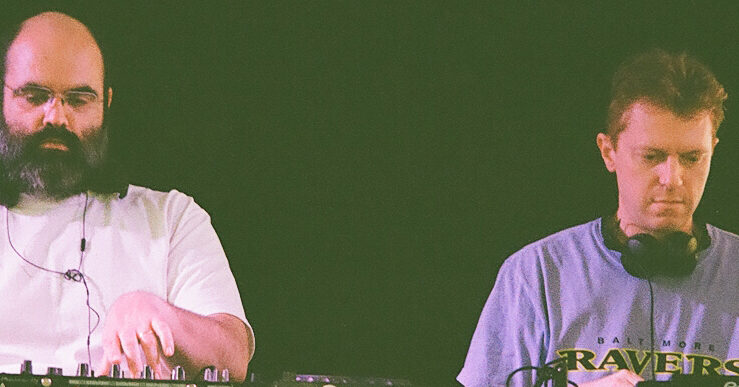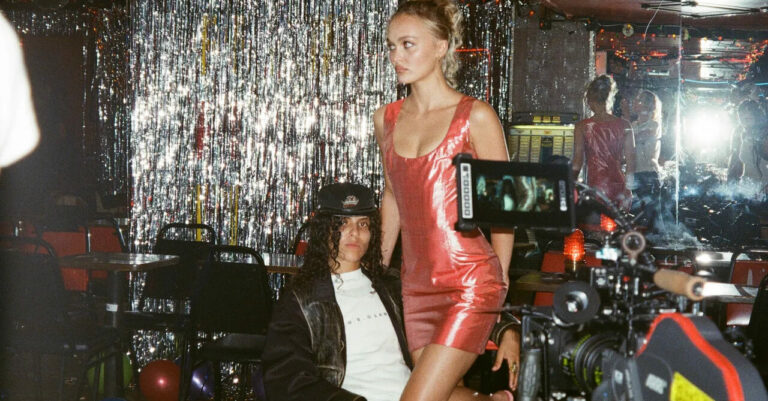Georgia is a state that offers a diverse range of living environments, from bustling urban centers to quiet suburban neighborhoods and charming small towns. Deciding where to live in Georgia can be challenging, given the variety of options available.
Whether you’re seeking vibrant city life, a peaceful rural setting, or something in between, Georgia has something for everyone. This guide highlights five of the best cities in Georgia, providing insights into their unique qualities and why they might be the perfect place for you to call home.
Atlanta
When people think of Georgia, Atlanta is often the first city that comes to mind. As the state’s capital and largest city, Atlanta is a cultural and economic hub known for its thriving job market, diverse population, and world-class amenities.
Why Atlanta?
Living in Atlanta provides access to a robust economy driven by industries such as finance, technology, and entertainment. Major companies like Coca-Cola, Delta Airlines, and CNN call this city home, offering plenty of job opportunities. Atlanta also boasts a vibrant arts scene, professional sports teams, and countless restaurants and entertainment options.
The Neighborhoods Atlanta is a city of neighborhoods, each with its own personality. Buckhead is known for its upscale homes and shopping, while Midtown offers a blend of business, culture, and nightlife. For a more residential vibe, Virginia-Highland or East Atlanta Village offers charming streets and a tight-knit community feel.
If you’re looking for a place to live in Georgia that offers both career opportunities and a high-energy lifestyle, Atlanta may be the city for you.
Savannah
Savannah is one of Georgia’s most beautiful and historic cities. Located on the coast, this charming city is famous for its well-preserved antebellum architecture, oak-lined streets, and rich history. It’s also known for its slower pace of life compared to the hustle of Atlanta.
Why Savannah?
If you’re drawn to historic beauty, a mild coastal climate, and Southern hospitality, Savannah might be your dream destination. The city’s thriving tourism industry means plenty of job opportunities in hospitality, retail, and the arts. Savannah is also home to SCAD (Savannah College of Art and Design), which contributes to its vibrant art scene.
The Neighborhoods Downtown Savannah is the heart of the city, filled with cobblestone streets, historic homes, and bustling squares. The Victorian District offers stunning architecture with a more residential feel. For those looking to be closer to the water, the islands just outside of Savannah, such as Wilmington Island and Tybee Island, offer more laid-back beach living.
For a mix of history, culture, and coastal living, Savannah is one of the best places to consider when deciding where to live in Georgia.
Athens
Home to the University of Georgia, Athens is a lively college town that offers more than just game-day excitement. Athens blends a youthful energy with a rich cultural and music scene, making it a unique place to live.
Why Athens?
Athens is a great city for those seeking an academic environment, a strong arts community, and an affordable cost of living. The town has a reputation for fostering creativity, and its music scene is legendary, having given birth to bands like R.E.M. and The B-52s. Athens also has a charming downtown area with excellent restaurants, boutiques, and live music venues.
The Neighborhoods Athens’ Five Points neighborhood is popular for its quaint homes and proximity to the university. Normaltown is another favorite, known for its eclectic mix of shops, bars, and historic homes. East Athens offers more suburban living while still being close to the action.
If you’re trying to figure out where to live in Georgia and want a vibrant, college-town atmosphere with an affordable lifestyle, Athens should be on your radar.
Augusta
Located on the Savannah River, Augusta is known for its rich history and as the host of the prestigious Masters Golf Tournament. But there’s more to this city than just golf. In recent years, Augusta has seen significant growth, particularly in healthcare, biotechnology, and cyber security industries.
Why Augusta?
Augusta offers a unique mix of old and new, with a blend of historical sites, Southern charm, and growing industries. The cost of living is lower than in larger cities, making it an attractive place for families, young professionals, and retirees. Healthcare is a major employer in the area, with Augusta University and the Medical College of Georgia playing significant roles in the local economy.
The Neighborhoods Summerville is a historic district with beautiful homes and tree-lined streets, popular among those who enjoy classic Southern architecture. West Augusta offers more modern, suburban living with plenty of shopping and dining options. North Augusta, just across the river in South Carolina, provides additional housing options while still being close to the city center.
For those who want to live in a growing city with deep roots in Southern history, Augusta is one of the best cities to consider when choosing where to live in Georgia.
Alpharetta
Alpharetta is a fast-growing suburb located just north of Atlanta. Known for its excellent schools, family-friendly environment, and tech-driven economy, Alpharetta is a perfect option for those seeking suburban comfort with easy access to the city.
Why Alpharetta?
Alpharetta consistently ranks as one of the best places to live in Georgia due to its high quality of life. The city offers top-rated schools, plenty of parks and outdoor spaces, and a strong sense of community. It’s also a major technology hub, often referred to as the “Technology City of the South,” with many tech companies setting up headquarters here. This makes it an attractive option for young professionals and families alike.
The neighborhood of Downtown Alpharetta is undergoing a revitalization, with new restaurants, shops, and entertainment options. For those looking for more space, neighborhoods like Windward and Avalon offer spacious homes with easy access to amenities.
Alpharetta also has some of the best public schools in the state, which is a significant draw for families.
If you’re looking for a place where suburban living meets modern amenities and excellent schools, Alpharetta is one of the top contenders for where to live in Georgia.
Conclusion
Georgia is a state that truly has it all. From the bustling streets of Atlanta to the historic beauty of Savannah, each city offers its unique charm and advantages.
Deciding where to live in Georgia ultimately depends on what you’re looking for—whether it’s career opportunities, great schools, or a slower pace of life.
By considering the cities listed in this guide, you can make a more informed decision on where to settle down and enjoy everything the Peach State has to offer.
If you’re in the process of relocating to Georgia, working with a moving company in Columbus can make all the difference. A professional moving service can help take the stress out of your move, ensuring a smooth transition to your new home.















